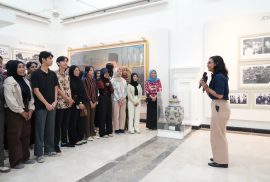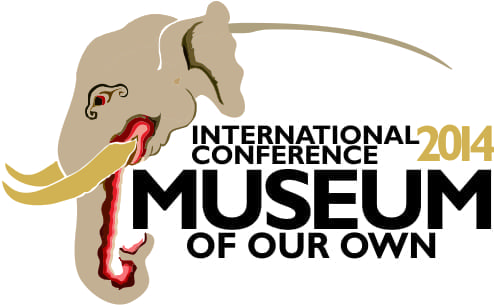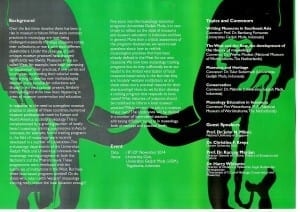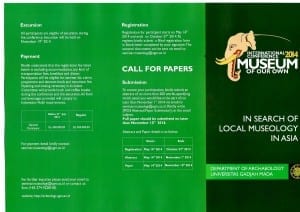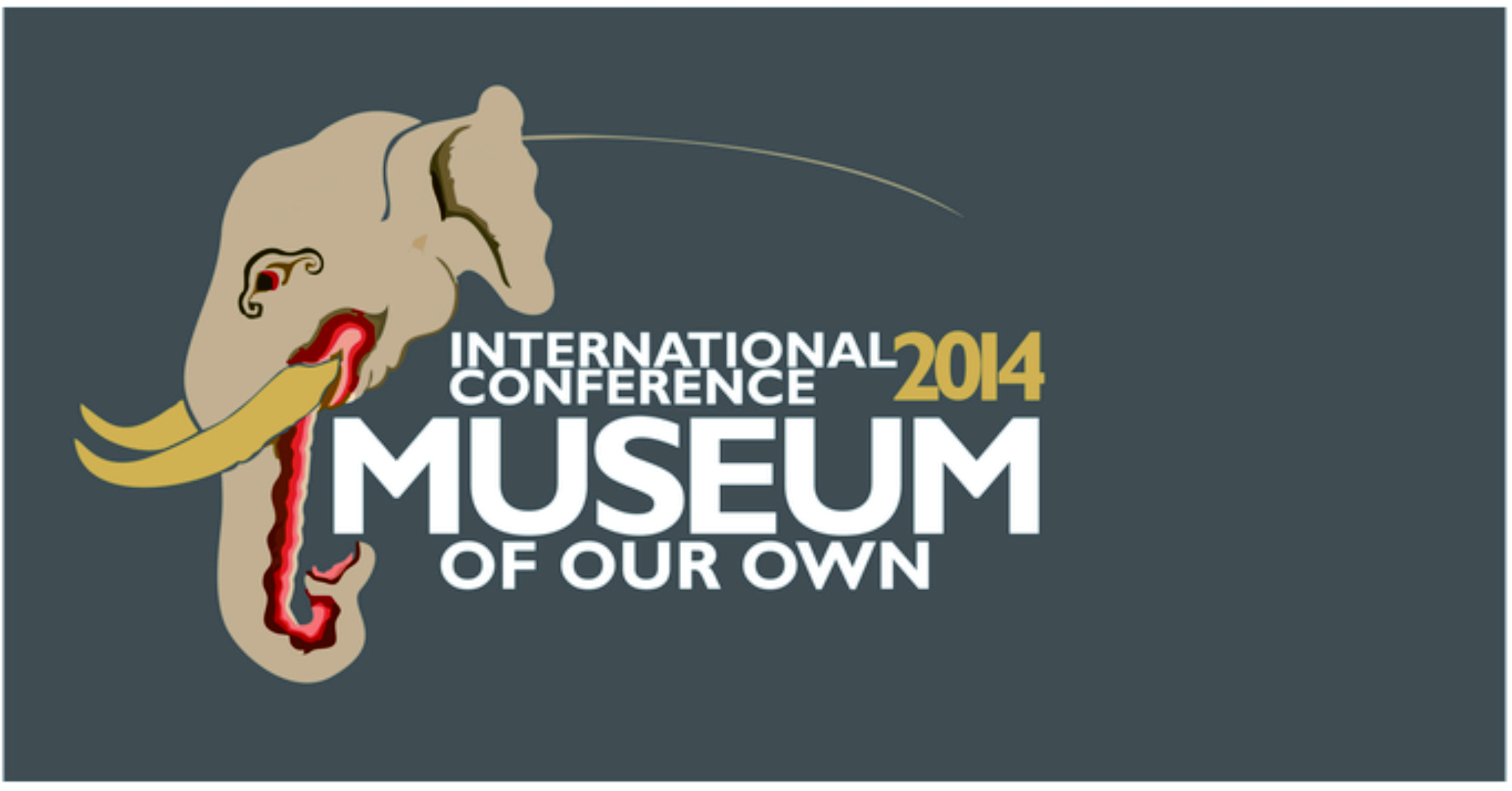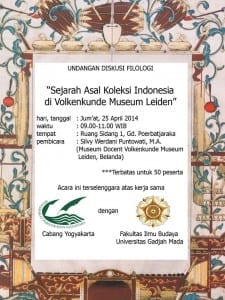SDGs 4: Quality Education | SDGs 4: Education in Developing | SDGs 4: Access to Education | SDGs 4: Basic Education | SDGs 8: Decent Work and Economic Growth | SDGs 8: Creativity and Innovation| SDGs 9: Industry, Innovation and Infrastructure | SDGs 9: Affordable Access | SDGs 10: Reduced Inequalities | SDGs 11: Sustainable Cities and Communities | SDGs 11: Community | SDGs 11: Cultural Heritage | SDGs 16: Peace, Justice, and Strong Institutions | SDGs 16: Accountable Institutions | SDGs 16: Education | SDGs 17: Partnerships for the Goals | SDGs 17: Civil Society Partnerships
Rabu, 8 Mei 2024, mahasiswa Arkeologi Fakultas Ilmu Budaya UGM melakukan kegiatan kuliah lapangan dengan kunjungan ke Istura Gedung Agung atau yang dikenal sebagai Istana Kepresidenan Yogyakarta. Sebagai pemenuhan mata kuliah wajib Dasar Konservasi dan Restorasi, kunjungan ini melibatkan dua angkatan mahasiswa Arkeologi, Angkatan 2021 dan Angkatan 2022, berjumlah 70 lebih mahasiswa yang dibimbing oleh Kepala Departemen Arkeologi UGM, Dr. Mahirta, MA.. Para mahasiswa masing-masing berangkat dan tiba di lokasi pada pukul 08.30 WIB untuk berkumpul dan pemberian arahan oleh pembimbing dan penyuluh mengenai hal-hal yang perlu diperhatikan selama kunjungan berlangsung.
Tur rombongan kunjungan dimulai dengan pengenalan bagian luar bangunan kompleks sekitar Istura Gedung Agung seperti wisma dan gedung induk Istura Gedung Agung beserta pengenalan singkat tiga ruangan utama tempat Presiden menyambut tamu. Selanjutnya, rombongan mahasiswa diarahkan menuju bangunan museum, Museum Istana Kepresidenan Yogyakarta, untuk melakukan tur eksklusif pada koleksi-koleksi objek sejarah museum bersama pemandu pengelola benda seni Museum Istana Kepresidenan Yogyakarta, Theresa Sekar Wening, yang juga merupakan alumni Program Studi Sarjana Bahasa, Sastra, dan Kebudayaan Jawa.
Selama mengunjungi museum, rombongan diperlihatkan koleksi-koleksi objek kesenian yang dilukis oleh seniman terkenal seperti lukisan ekspresionisme atau abstrak oleh pelukis Affandi Koesoema serta sejumlah artefak keramik tembikar, nekara, dan lain-lain. Tidak hanya melihat lukisan dan artefak bersejarah, para mahasiswa juga menganalisa metode dan teknik konservasi dari objek-objek sejarah sesuai tujuan dari mata kuliah yang dipelajari. Melalui kunjungan museum bersifat interaktif, para mahasiswa diharapkan memperoleh ilmu pengetahuan yang dapat dipraktikan ketika mengelola objek sejarah dan arkeologi sebagai bagian dari pengelolaan museum.

